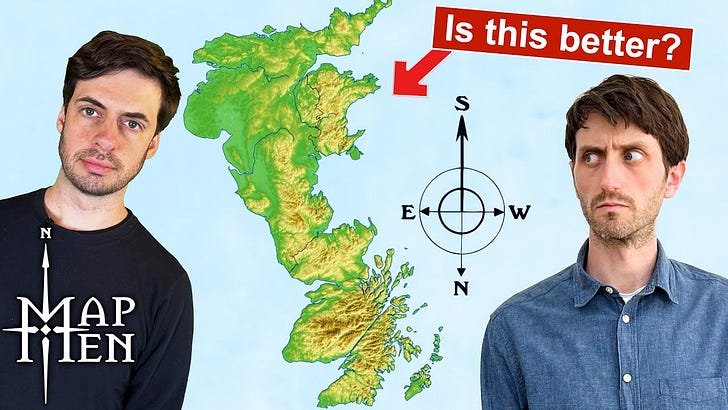Good Grief 😪 - MMD#569
Good day my good friend.
Yes. You may have guessed it. I am not usually “down with the kids” as they say, but I have finally found out how to do emojis on Substack. So I’m giving it a whirl. What do you think? Impressed or not? Anyway, to the news!
If you have any suggestions for interesting news items or bits of research to include in this newsletter, you can email me.
Mobility Camp is taking place on 26th September 2023 in Birmingham. It would be great to see you there. Get your tickets now.
James
So, where are we now? 📈🔎
Remember during COVID we wondered what the new normal would be? I did, in fact I did a whole project on it with good friends Aimee Whitcroft, Jeremy Dalton, and Carlos Pardo. Good times. Well, the Department for Transport has been doing some monitoring on progress, and there are plenty of other indicators of change as well. And the results are in. They are not encouraging for a low carbon future.
To summarise, we are using cars more, using public transport less, walking less, and cycling less. Separate analysis has also indicated that flying is more popular than ever. Seeing this sort of thing makes it really hard to be positive about the impact of our plans and policies on reducing both the need to travel and carbon emissions from travel. I can’t help but think that us transport planners are Sisyphus, forever pushing the boulder up the hill only for it to crash back down again. Please someone tell me I am wrong.
Park it! 🚗🚕
People’s choice of parking locations is very complex. And often far more complex than we give it credit for. It has been studied extensively, and a lot of it is based on maximising our old friend utility. We know that trip purpose and driver characteristics have relatively little impact while price and duration have more of an impact. But does the same apply to autonomous vehicles?
Well, some modelling work has been done on this. And you know what? There are some subtle differences. For instance, parking fees play much more of a role in an autonomous vehicle scenario. And that people are more likely to park further away when an AV is involved. What is not given is the operating model of the AV system - is it private ownership, shared etc? That may influence choices somewhat, and it is research that I would love to see.
Random things 📚📰
These links are meant to make you think about the things that affect our world in transport, and not just think about transport itself. I hope that you enjoy them.
Altering Earth in our image (Science) 🌏
Health Care Isn’t the Key to a Healthy Population (Wired) 🚑 - Just a casual reminder that the biggest initiative that has saved the most lives and benefited human health the most is public sewers
Infrastructure Spillover Impacts in Developing Asia (Asian Development Bank) 👷
The hidden pollution subsidy in global trade (VoxDev) 🏭
Outdoor play campaigners call for UK traffic curbs to protect children (The Guardian) 🏃
Something interesting 📼
The brilliant Map Men are back with a new series, and this video is a cracker - why is North up on our maps? As always, you can thank the British for it…
👉If you do nothing else today, then do this 👈
I shared this article on being collapse aware the other day on LinkedIn. Essentially, if you are feeling down about where the world is heading, this is an excellent starting point. But from experience (and I experienced this myself 10 years ago) - think about how you feel, talk it out, and then take action. I also recommend (as this article does) the Good Grief Network’s 10 Step Process. It won’t solve the world’s problems. But it will help you. And you are your world.


